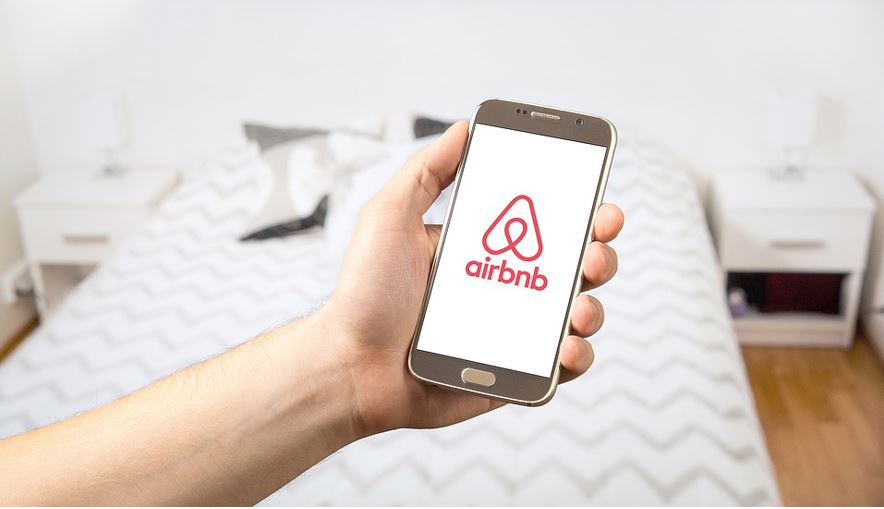 Airbnb’s growth has had a negative impact on certain performance metrics within the hotel industry, according to a recent study by researchers from Florida State University.
Airbnb’s growth has had a negative impact on certain performance metrics within the hotel industry, according to a recent study by researchers from Florida State University.
Airbnb has increased the supply of rooms for accommodating people, this has hit three key metrics of hotel performance growth: hotel room revenues, average daily rates, and occupancy rates.
The study, published in the journal Tourism Management, examined the effects of Airbnb in ten major U.S. hotel markets between July 2008 and June 2017.
“This is the first study confirming the negative impact on those three key metrics in the hotel industry,” said Tarik Dogru, an assistant professor at FSU’s Dedman School of Hospitality.
“Increased competition from Airbnb is mainly affecting hotel prices and revenues, but occupancy rates are also down slightly.”

Airbnb, which was founded a decade ago, is now the largest online marketplace for lodgings in the world and its listings have grown by over 100% per year.
The platform now boasts 6 million listings across 81,000 cities worldwide. Dogru says that this qualifies it as a disruptive innovation.
While previous research has shown that Airbnb negatively impacts lower-end hotels this study is the first of its kind to provide evidence of Airbnb’s growing impact on the mainstream market across various hotel class segments.
An increase of just 1 percent in Airbnb’s supply was found to have lowered hotel revenues between 0.02 and 0.04 percent. Dogru estimated that this would have amounted to a loss in revenue of between $91 million and $365 million in New York City alone in 2016.
“Consumers don’t want to stay in a new city but in the same old hotel,” he said. “More people want an authentic experience, and Airbnbs offer that — the chance to engage with local people and have localized experiences.”
He added: “Airbnb does not ensure the security of guests, it’s not taxed in some jurisdictions, and it has flexibility to add new supply because of a lack of regulation.
“Those are some reasons why Airbnb has a significant competitive advantage against the hotel industry because adding a new hotel to the market can take several years.”
Many Airbnb locations still lack a clear set of regulations. According to Dogru, decisions on how to regulate sharing-economy platforms will not be straightforward.
“The application of excessive legislation and regulation driven by the interests of incumbent industries has the potential to stifle innovation that ultimately benefits the consumer. Lawmakers are clearly still grappling with the nuances of this emerging phenomenon,” Dogru said.
“You need Airbnb, especially when there is excess demand for rooms, but there must be regulation without killing innovation,” he added. “Airbnb is still in its infancy, and more hosts are being added to its supply every day in many markets. Airbnb is indeed a disruptor, and it is here to stay.”
Citation
Tarik Dogru, Makarand Mody, Courtney Suess, “Adding evidence to the debate: Quantifying Airbnb’s disruptive impact on ten key hotel markets”, Tourism Management, Volume 72, 2019, Pages 27-38, ISSN 0261-5177, https://doi.org/10.1016/j.tourman.2018.11.008.
(http://www.sciencedirect.com/science/article/pii/S0261517718302772)
